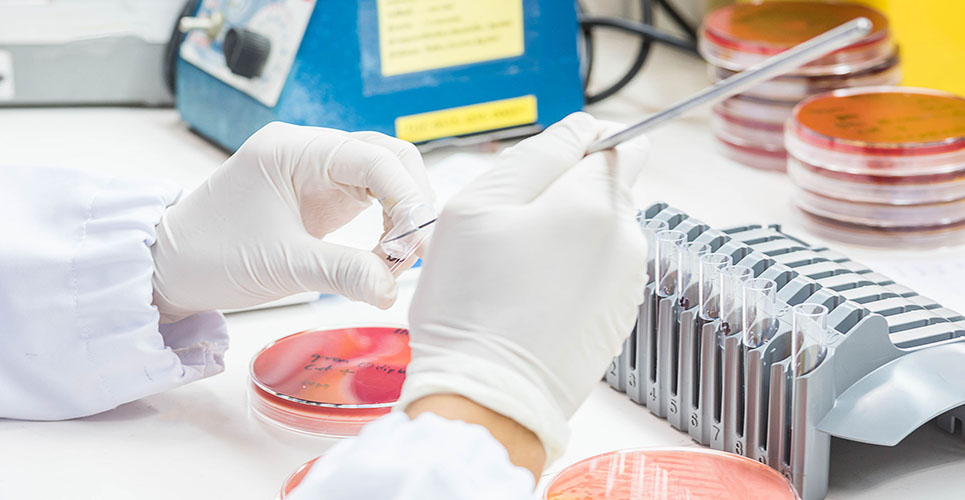Following a recent Ebola virus disease (EVD) patient being discharged from a Glasgow hospital and transferred by military plane to a specialist north London centre, Bioquell technology was again called into action. The Hampshire-based company was commissioned to deploy its hydrogen peroxide vapour (HPV) technology – the gold standard in bio-decontamination. The firm’s HPV process kills 99.9999% of pathogens, eliminating doubt by destroying biological threats in healthcare and life science environments.
Following a recent Ebola virus disease (EVD) patient being discharged from a Glasgow hospital and transferred by military plane to a specialist north London centre, Bioquell technology was again called into action. The Hampshire-based company was commissioned to deploy its hydrogen peroxide vapour (HPV) technology – the gold standard in bio-decontamination. The firm’s HPV process kills 99.9999% of pathogens, eliminating doubt by destroying biological threats in healthcare and life science environments.
The patient, a nurse who contracted the Ebola virus while working in Sierra Leone, returned back to the UK before being diagnosed with EVD in Glasgow. Their immediate isolation and subsequent emergency airlift to London was swiftly undertaken. This left both an isolation suite requiring urgent decontamination and the air transport isolator (ATI) used in travel.
Bioquell provided a fully managed response to this situation, despite being called during the New Year period. Without delay, a dedicated team was sent first to London to target both ATI and the room it was housed in, before onward travel to Scotland. This second deployment encompassed a two-stage approach in the interests of maximum safety – for the decontamination specialists, the healthcare staff and the public alike. An initial decontamination treatment cycle brought potentially high levels of EVD to a negligible level. Then complete treatment of the room once more was undertaken, in conjunction with its surrounding environment and other isolation rooms.
Throughout both visits, robust Personal Protective Equipment (PPE) was worn by the Bioquell specialists. The clear pre-planning had paid off, with Bioquell staff having previously undergone extensive gowning training, to prepare them sufficiently for working in environments of heightened biological threats. To determine that the HPV cycles in London and Glasgow had been a success, Bioquell utilised industry standard Geobacillus stearothermophilus biological indicators (BIs) to back up the visual chemical indicator (CI) results. Use of CIs provided the Bioquell specialists with immediate visual confidence all HPV cycles were effective and the BIs (spore-formers that are usually hard to kill) backing-up the outcome through showing 6-log microbiological reduction was reached. Mobile BI incubation processes allowed peace of mind all decontamination work was fully successful, ahead of Bioquell specialists leaving each site.
Bioquell has intervened in numerous post-Ebola decontamination cases around the world. Its technology has successfully decontaminated emergency vehicles, hospital areas, transport isolators and even journalist equipment. As the effect of the outbreak has spread far-afield, importance of controlling the virus and measures encouraging its eradication are ever more vital.
Commenting on the latest outbreak, Martyn Broadbent, Healthcare Specialist, commented, “When it comes to diseases such as the Ebola virus, no-one can afford to take risks. It is important to eliminate doubt plus stop any onward hospital transmissions, such as those observed in Spain and Texas. Bioquell technology assures the eradication of a wide spectrum of bacteria and viruses from all surfaces in environments where they could be present.”
For more information: www.bioquell.com

